Understand how you and your business are impacting climate change, and what you can do about it
The psyche of many kiwis is that we have a minimal impact on climate because we are a small country, when in fact what we do here is having a significant impact, not just locally but globally.
New Zealand’s efforts to reduce emissions are rated as highly insufficient, alongside India, China and Canada. We are among the top 10 highest emitters of greenhouse gases per capita, at 16.9 tonnes of CO2e. Greenhouse gases include carbon dioxide, methane, nitrous oxide and synthetic gases. If the entire world were to live like us, we would need 2.7 earths to sustain the planet.
So where do our emissions come from? How we move (transport), what we eat (agriculture) and what we buy (manufacturing). The higher the emissions in the sector, the more urgent it is to decarbonise.
Our decisions not only have a direct impact on how hot this planet will get, they also will have a direct relationship to the extent to which these decisions will hit our wallets.
Between 2007 and 2017, the impacts of floods and droughts are estimated to have cost New Zealanders $840 million in insured damages and economic losses alone. This year, the price of carbon has skyrocketed this year to about $65 per tonne, a figure experts were not predicting would happen before 2030. If we don’t drastically reduce our emissions on exported goods, we will be exposing ourselves to possible carbon tariffs on exports. There is also the very real risk of reputational damage to businesses that don’t act. As a large per capita emitter reliant on export income, we need to start acting. Decarbonising our economy is becoming a top priority for businesses.
With COP26 just around the corner, and our government’s plan (2020 national determined contributions) submitted to the global effort deemed by Climate Action Tracker as highly insufficient, businesses can and are leading change to decarbonise the economy, but we need to ramp it up.
First step, get upskilled. Whether you own a business, are a farmer, a builder, or want to understand how you can create change at the individual level, there are tools for measuring what your impact is, identifying ways to reduce, and working with others to get our emissions down. Confused about what even a carbon footprint is? The workshops are led by IPCC Lead Author, and Hāwea local, Dr. Carly Green, who breaks down the science, allowing you to understand what it all means and how it affects you.
Get tickets to the Impact Session What does Carbon Neutral Really Mean?

